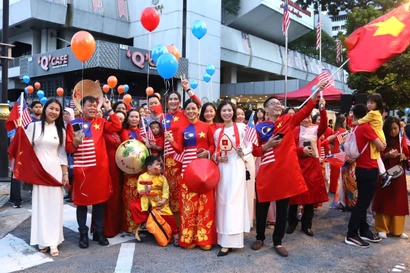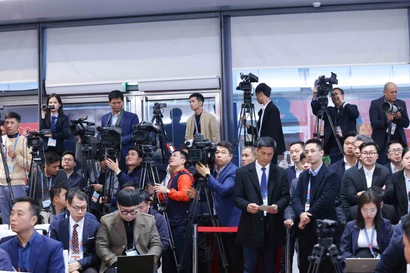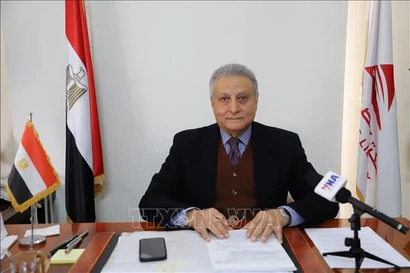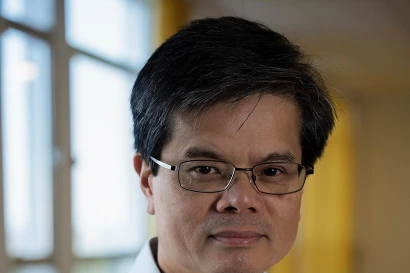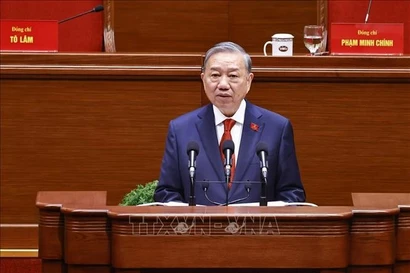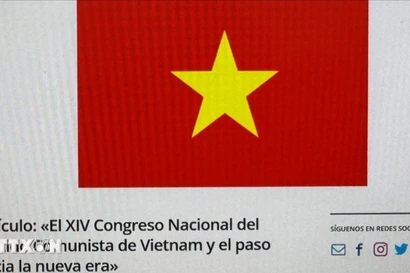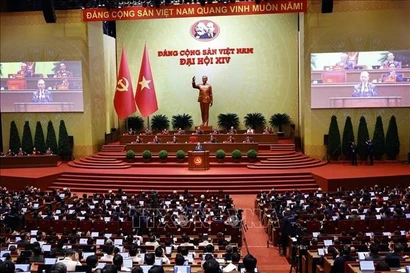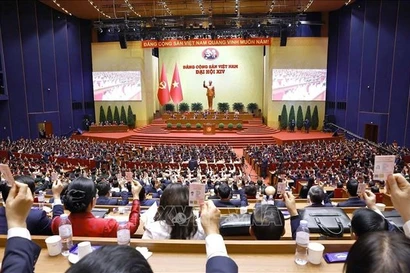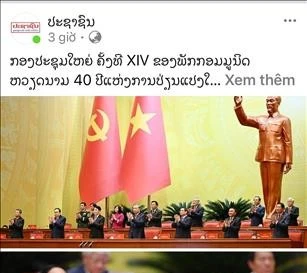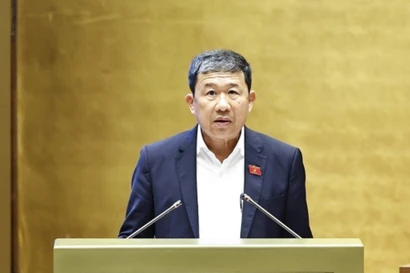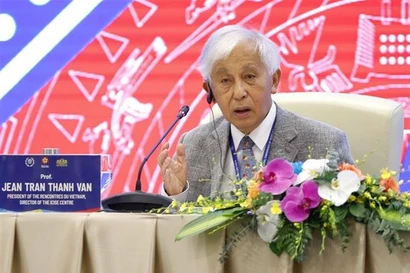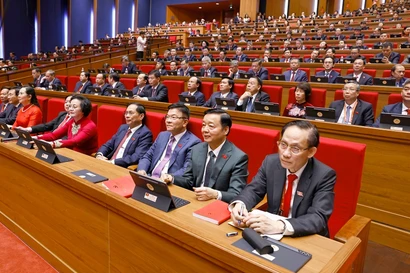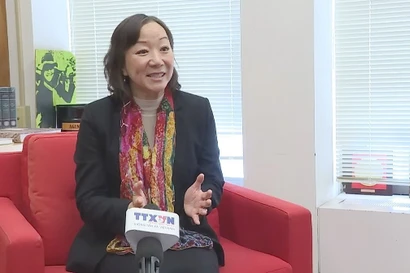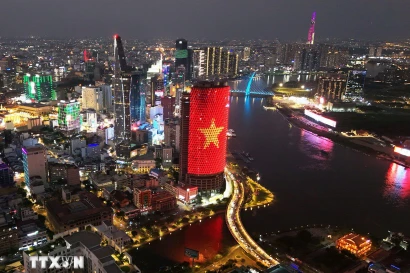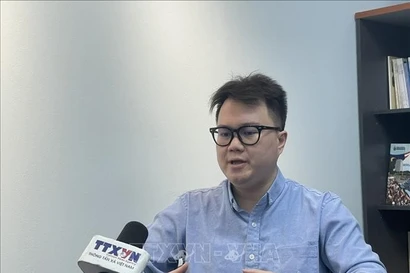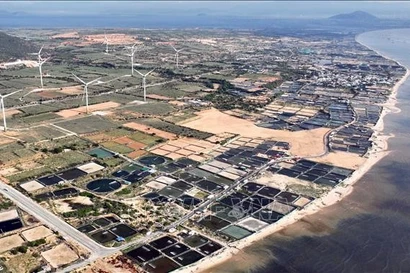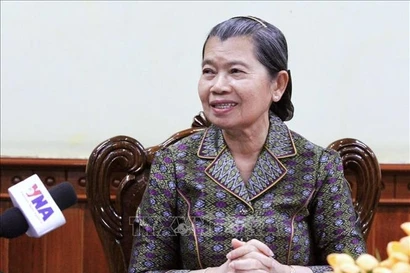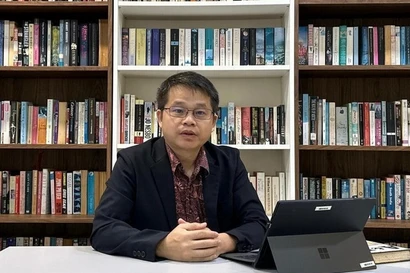
Dong Thap (VNA) – As Vietnam is gearing up for the 14th National Party Congress, officials, Party members, and residents in the southern province of Dong Thap are weighing in on its draft documents.
Role of culture, people highlighted
Van Cong Hung, Chairman of the provincial Journalists’ Association, described the draft documents as well-prepared, detailed, and reflective of the country’s progress over the past five years and four decades of reform.
He singled out the draft Political Report prepared by the 13th Party Central Committee for presentation at the Congress, which underscores the goal of “building and developing an advanced Vietnamese culture rich in national identity, aligned with the national, cultural, family, and human value systems”. Hung said the emphasis not only carries forward the ethos of the 13th National Party Congress but also signals a bolder commitment to elevating culture and people as pillars of Vietnam’s new era.
To turn the cultivation of Vietnamese culture and human capital into a genuine strategic pivot, he advocated integrating national, cultural, family and human values into school curricula, public communications, and grassroots community movements.
Hung also called for policies to nurture and empower the country’s cultural elite, including intellectuals, writers and artists, through talent incentives, creative support, and copyright protection. He further urged ramping up support for cultural and digital sectors, with a focus on film, music and online gaming, while fostering a secure, distinctly Vietnamese digital creative space to shield youth from harmful foreign cultural influences.
Priority investment for border areas
Tran Van Binh, Secretary of the Party cell of Giong Bang hamlet in Thuong Phuoc border commune, said digital, green, and circular economy is an inevitable trend that must be concretely pursued in rural, agricultural, and border areas.
Binh proposed that the draft documents should outline targeted funding for border areas, especially in transport, logistics, trade, tourism, energy, and digital transformation. He pushed for sustainable border trade policies that allow local residents to engage in formal commercial activities rather than relying on small-scale or informal trading.
He additionally recommended that the draft Political Report should highlight hands-on, skills-oriented training for grassroots officials in border and remote areas, zeroing in on digital literacy and modern management capabilities. To retain capable personnel, he said the Party should roll out fair perks and reward mechanisms for those working in border and island outposts, coupled with rigorous monitoring to curb corruption, and ensure local administrations remains clean, efficient, and oriented toward public needs.
On digital transformation and innovation, he urged the Party and State to introduce targeted policies aiding farmers, cooperatives, and small businesses in border areas as they switch to the digital economy. He also sought broader rollout of digital infrastructure, online public services, and cashless payment systems in far-flung areas to narrow the urban-rural divide./.
